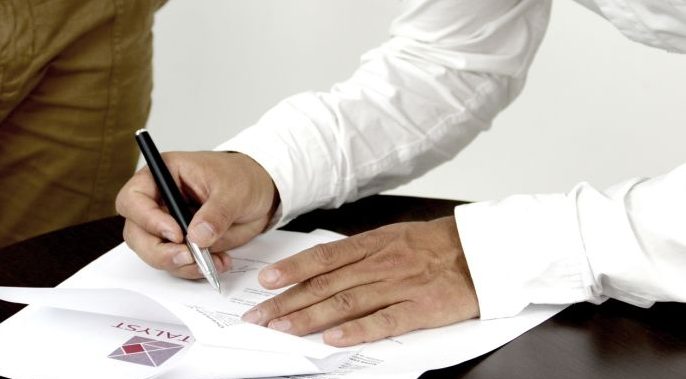Cosigning a loan links you and your cosignor together for the life of the debt.
If you get in financial trouble, your troubles are your co signor’s troubles too.
If you can’t pay your debts, the standard bankruptcy discharge will get rid of your debt, but it doesn’t help your co signor.
Even while you are protected in bankruptcy by the automatic stay, keeping collectors at bay, and by the discharge at the end of the case, anyone who cosigned for you is exposed.
But Chapter 13 isn’t the “standard” bankruptcy. It has a special protection for people whose debts are co signed.
Automatic stay covers co signors
Unique to Chapter 13, Section 1301 of the Bankruptcy Code extends the protection of the automatic stay to those who are jointly liable with the debtor on consumer debts.
To qualify, the debt must be for a personal or household purpose.
So a cosigned car loan is covered;
A cosigned business lease is not.
The benefits of the loan must have flowed to the person who filed bankruptcy. If you co signed a loan made to a friend, your friend isn’t protected by your Chapter 13 stay.
Finally, to keep the stay in place, the Chapter 13 plan must provide for payment in full of the debt.
Co signed debts get preference
Chapter 13 plans are normally required to treat all unsecured, non priority debts the same. Each of the general unsecured claims gets the same percentage payment through the plan.
But cosigned debts are excepted.
The debtor can treat the cosigned debt differently and better than other debts.
It’s OK to separately classify a co signed debt and pay it in full, while other debts get little or nothing in Chapter 13.
So your plan can say: pay 100% of the allowed claim on the joint credit card claim of BIG BANK, and far less to everyone else.
After the plan is over
The only sticky point for the co signor, who is protected from collection on the co signed debt during the plan, is that interest that may accrue on the debt over the life of the plan.
At the end of the plan, the principal on the debt and any interest owed when the case was filed, will have been paid. But the bankruptcy case doesn’t stop the accrual of interest at the contract rate during the plan.
The cosignor will remain liable for that interest despite the bankruptcy.
Power of Chapter 13
The co debtor stay and the ability to separately classify co signed debts is just another reason why, as a bankruptcy attorney, I love Chapter 13.
Consider
The secrets of successful Chapter 13 plans
Interviewing a bankruptcy lawyer
Wipe out tax penalties in Chapter 13






